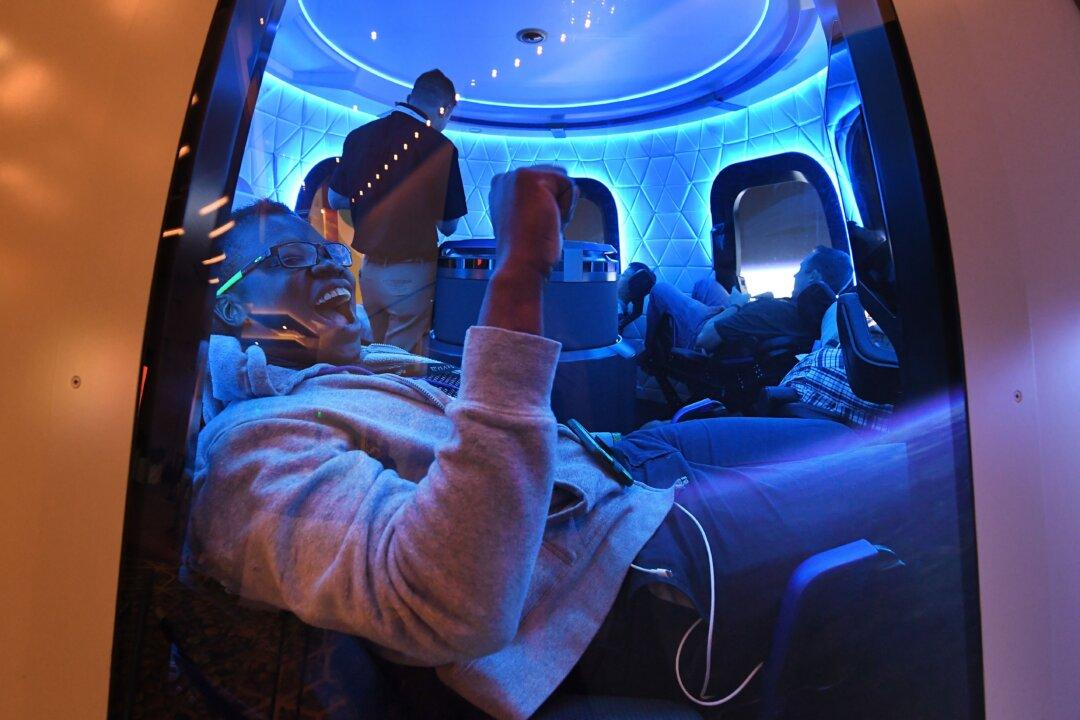The House on Monday passed two bipartisan bills aimed to boost the United States’ ability to compete with the Chinese regime’s push to advance China’s technology.
The bills, which seek to bolster research and development programs in the United States, passed with wide bipartisan support. The first bill, titled the National Science Foundation for the Future Act HR2225, passed 345-67, while the second, called the Department of Energy Science for the Future Act, HR3593, was approved in a 351-68 vote.





